If you run a manufacturing company, you already know how important a CRM is to stay on top of quotes, orders, and customer relationships. That’s why we’ve gone through the effort of narrowing the top 10 CRMs for manufacturers.
Whether you’re implementing a CRM for the first time or switching from your current system, you’ll know exactly what to expect. Let’s get started:

#1. Zoho CRM
Zoho CRM is highly adaptable, making it a top choice for manufacturers that want the same functionality as Salesforce without the high enterprise costs. It connects seamlessly with apps within the Zoho ecosystem, including Zoho Inventory, Zoho Creator, and Zoho Books for a full end-to-end solution.
Pros
- Workflow automation eliminates repetitive tasks like quote follow-ups.
- Strong product catalog and quoting tools fit manufacturing needs.
- Customer and vendor portals improve B2B collaboration.
- Outstanding value — advanced features at a fraction of the cost of Salesforce.
Cons
- Advanced CPQ may require add-ons like Zoho CPQ.
- Deeper features take time to master.
- Permissioning and roles need careful setup in larger orgs.
- Very large enterprises may want additional governance features.
Pricing
Starts at $19/user/month and goes up to $65/user/month.
It’s also worth noting that we’re not the only ones confident in Zoho CRM. A recent 2025 review by PCMag — one of the most trusted names in software reviews — ranked Zoho CRM as the best overall choice compared to other platforms.
As an advanced Zoho Partner, we help businesses not just adopt Zoho CRM, but set it up in a way that actually works for their unique processes. If you’re considering Zoho CRM for your business, schedule a call with us today and we’ll walk you through how to make it work for you.
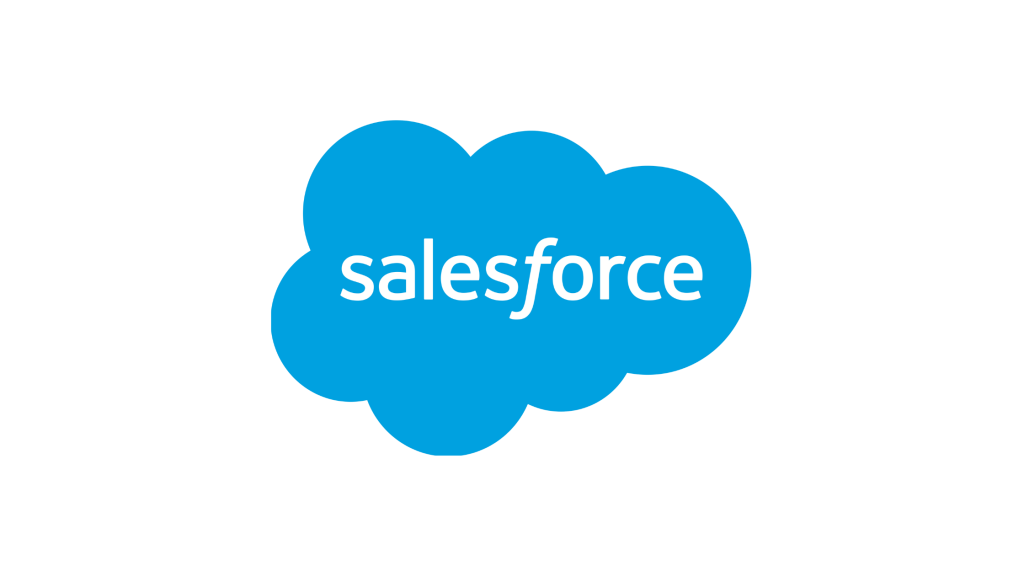
#2. Salesforce Manufacturing Cloud
Salesforce is a leader in the CRM space and has tailored its Manufacturing Cloud for manufacturers. It’s especially strong for forecasting and distributor program management.
Pros
- Huge app marketplace and integration ecosystem.
- Mature CPQ and contract approval workflows.
- AI and analytics deliver deep sales insights.
- Highly scalable for global enterprise operations.
Cons
- Among the most expensive CRM options available.
- Heavy administrative overhead — usually requires a dedicated admin.
- Complex permissions setup for large organizations.
- Reliance on third-party partners for customization.
Pricing
Starts at $275/user/month and goes up to $475/user/month.

#3. Microsoft Dynamics 365 Sales
Dynamics 365 Sales is strong for manufacturers who are already invested in Microsoft. It integrates tightly with Office 365, Teams, and Power Platform for automation.
Pros
- Native connection with Microsoft tools speeds up adoption.
- Field Service module is excellent for managing onsite installations and repairs.
- Highly secure and compliant, suitable for regulated industries.
- Power Platform enables custom apps and workflows without coding.
Cons
- Too complex for smaller firms without IT resources.
- Licensing is confusing with many add-ons.
- Interface can feel busy and overwhelming.
- Setup and maintenance require experienced admins or partners.
Pricing
Starts at $65/user/month and goes up to $150/user/month.
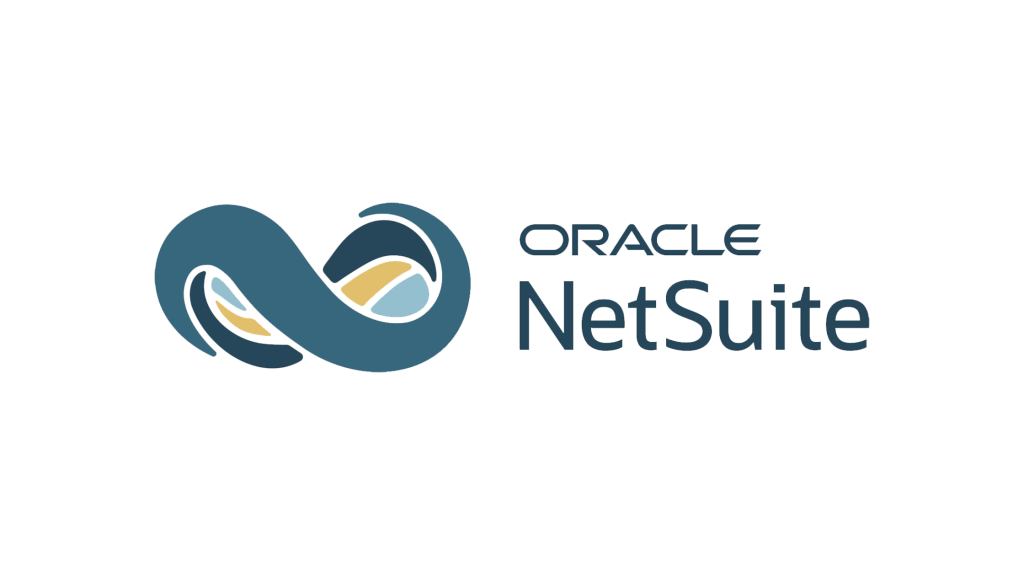
#4. Oracle NetSuite CRM
NetSuite CRM is part of the larger NetSuite ERP platform, making it ideal for manufacturers looking for a single source of truth from sales through finance.
Pros
- Tightly integrated with ERP, giving full visibility into inventory and supply chain.
- Built-in quoting, order management, and renewals.
- Customer and partner portals support B2B manufacturers.
- Reliable reporting and analytics built on ERP data.
Cons
- Less flexible interface than competitors.
- Customization often requires scripting knowledge.
- Pricing increases as more modules are added.
- Implementation is complex and usually requires consultants.
Pricing
Contact the team at NetSuite for a quote.
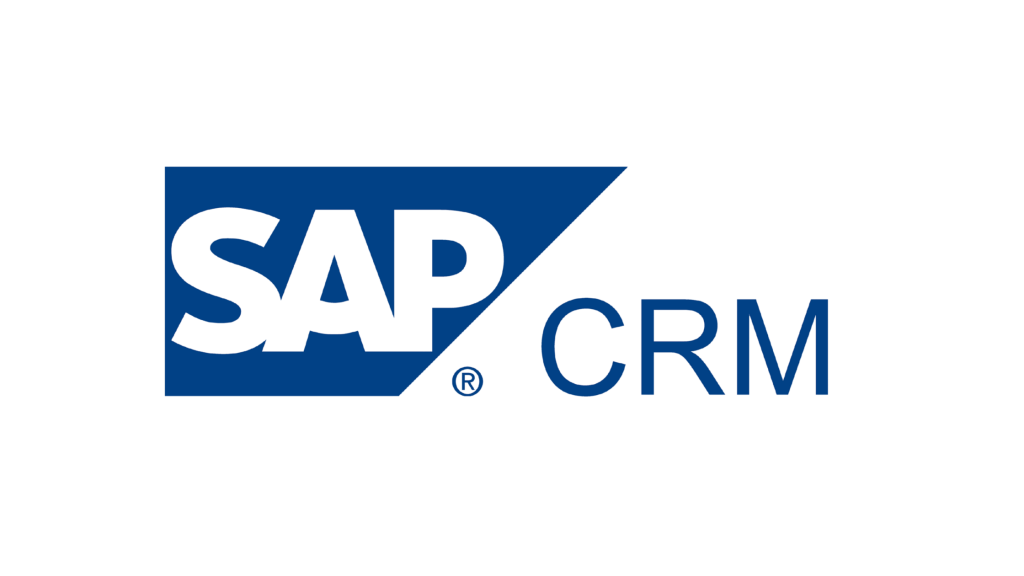
#5. SAP Sales Cloud
SAP Sales Cloud is designed for large enterprises with global operations. For manufacturers already using other SAP products, this CRM integrates well with the rest of the SAP ecosystem.
Pros
- Powerful pricing engine can handle complex quotes.
- Enterprise-grade governance, permissions, and compliance.
- Global scale with support for multiple currencies and languages.
- Advanced analytics provide deep insights into sales and forecasting.
Cons
- Expensive to license, implement, and maintain.
- Steep learning curve for end users.
- High dependency on system administrators for changes.
- Customization can be slow and resource-intensive.
Pricing
Contact the team at SAP for a quote.
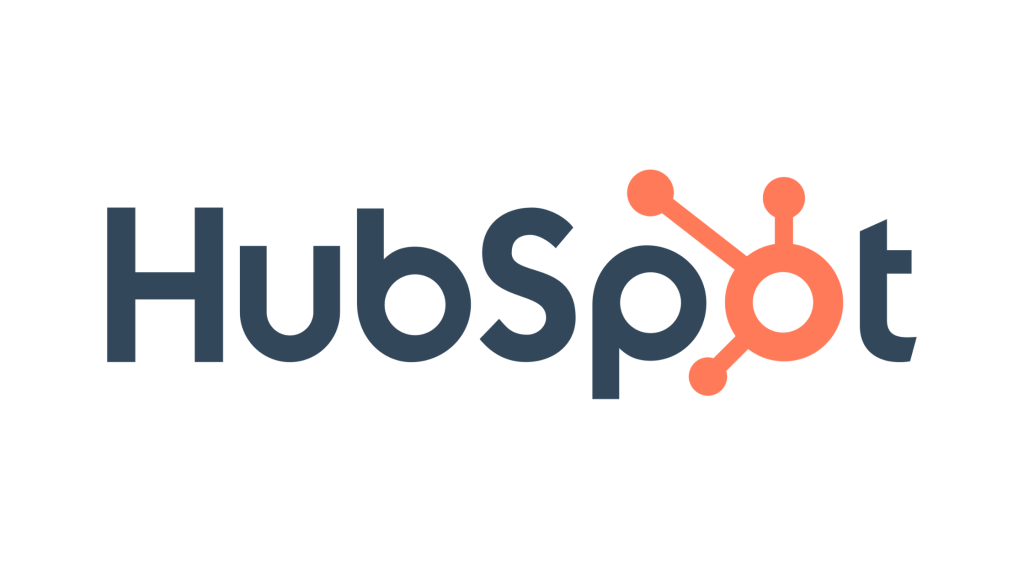
#6. HubSpot CRM
HubSpot is known for its marketing automation, but its CRM is also a solid option for manufacturers. It’s best suited for companies focused on inbound marketing and lead nurturing.
Pros
- Extremely user-friendly with minimal training required.
- Marketing and sales data live in one place, improving visibility of lead sources.
- Robust reporting and dashboards to track ROI and pipeline health.
- Large ecosystem of integrations for connecting to other software.
Cons
- Quoting tools are limited for manufacturing use cases.
- No strong native field service functionality.
- Costs can escalate as you add advanced hubs and more users.
- Offline functionality is weak for reps in remote areas.
Pricing
$0/user/month or a one-time cost of $150/user.
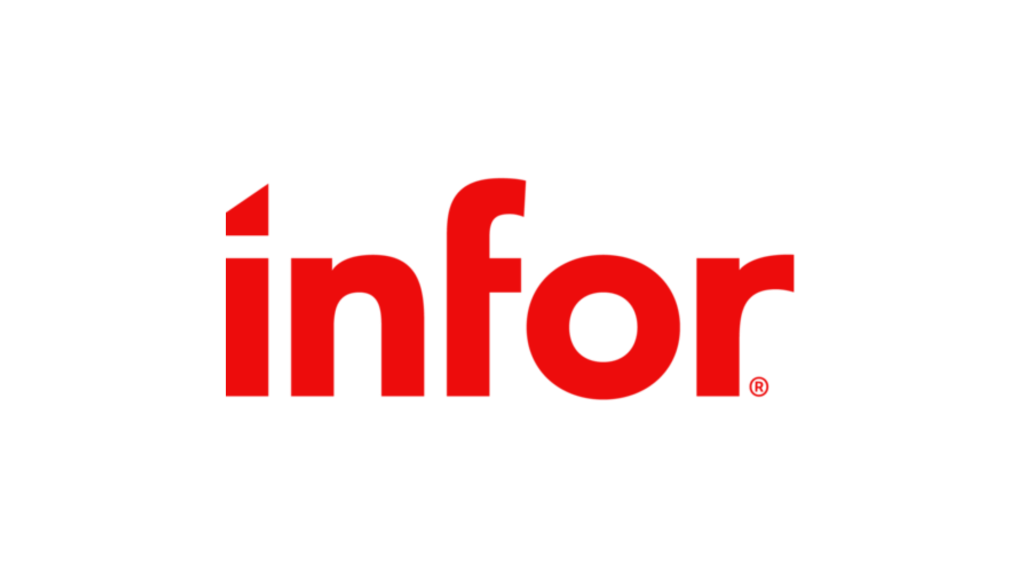
#7. Infor CRM
Infor CRM is tailored for industrial companies, with features designed for manufacturers who already use Infor ERP. It’s focused on aligning sales with production planning and supply chain.
Pros
- Industry-specific data model supports manufacturing workflows out of the box.
- Strong integration with Infor ERP and supply chain tools creates operational alignment.
- Account and territory management helps with distributor networks.
- Flexible deployment — available both in the cloud and on-premise.
Cons
- The interface feels outdated compared to modern CRMs.
- Implementations can take longer and require partner involvement.
- Marketplace and third-party ecosystem are smaller than Salesforce or Zoho.
- Costs rise quickly when customizations are needed.
Pricing
$65/user/month or a one-time cost of $795/user.
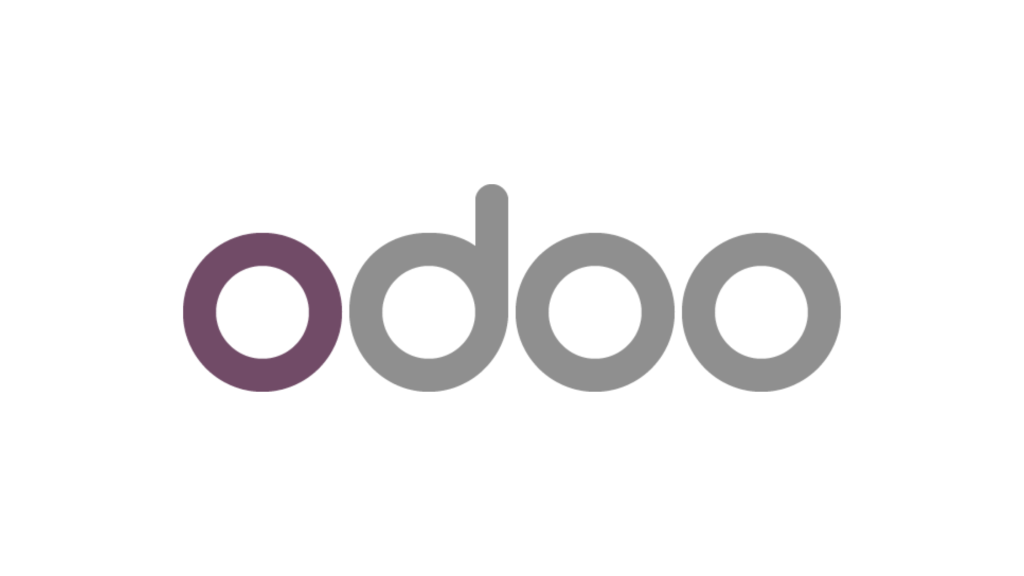
#8. Odoo CRM
Odoo is an open-source suite with a CRM module. For manufacturers, the value comes from being able to connect CRM with inventory, accounting, and production apps in the Odoo ecosystem. It’s highly customizable but requires more setup.
Pros
- Seamlessly links CRM with Odoo Manufacturing, giving end-to-end visibility.
- Odoo Studio allows for custom forms and workflows without coding.
- Includes quoting, product catalogs, and sales orders natively.
- Very cost-effective when bundled with other Odoo apps.
Cons
- Implementation and configuration can be complex, especially without in-house IT.
- The interface varies across modules, which can affect adoption.
- Free community version lacks some professional features, leading many to choose paid plans.
- Large learning curve for users unfamiliar with modular systems.
Pricing
Starts at $0/user/month and goes up to $46.70/user/month.
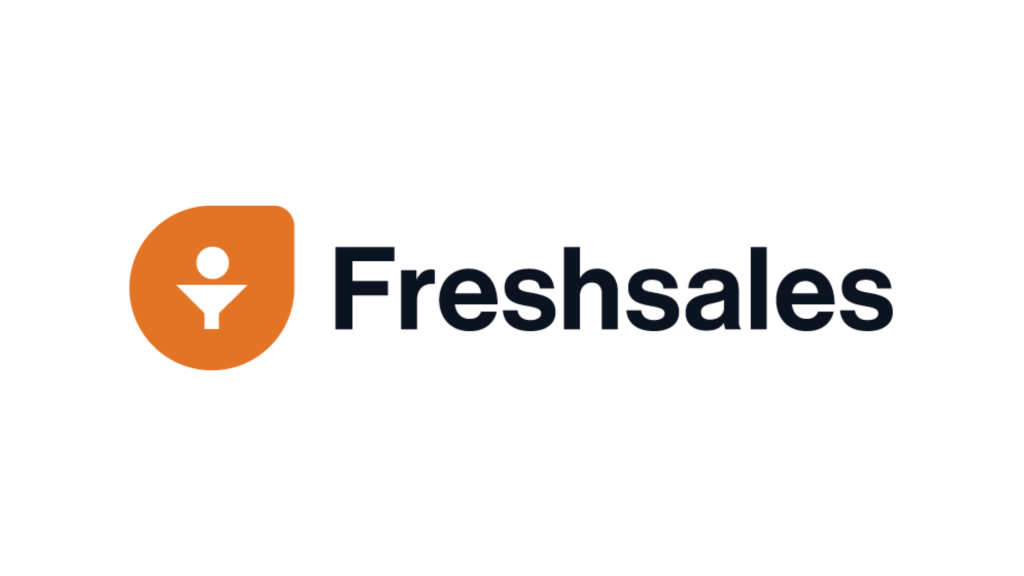
#9. Freshsales
Freshsales (from Freshworks) combines CRM basics with built-in calling, email, and AI. Manufacturers who want a modern CRM without the overhead of enterprise systems will find Freshsales appealing. It’s especially useful if your business is scaling and needs lead prioritization.
Pros
- Native calling, email, and activity tracking means sales reps don’t have to switch apps.
- AI-powered lead scoring helps prioritize the most promising distributors or accounts.
- Automation features are simple to build and useful for routine follow-ups.
- Affordable pricing tiers compared to larger CRMs, making it suitable for growing firms.
Cons
- Quoting and product catalog are fairly light, which can be a drawback for complex pricing.
- Field service isn’t a core focus, so manufacturers needing onsite service support may struggle.
- ERP and production system integrations are limited.
- Advanced customization options are more restrictive than competitors like Zoho.
Pricing
Starts at $9/user/month and goes up to $59/user/month.
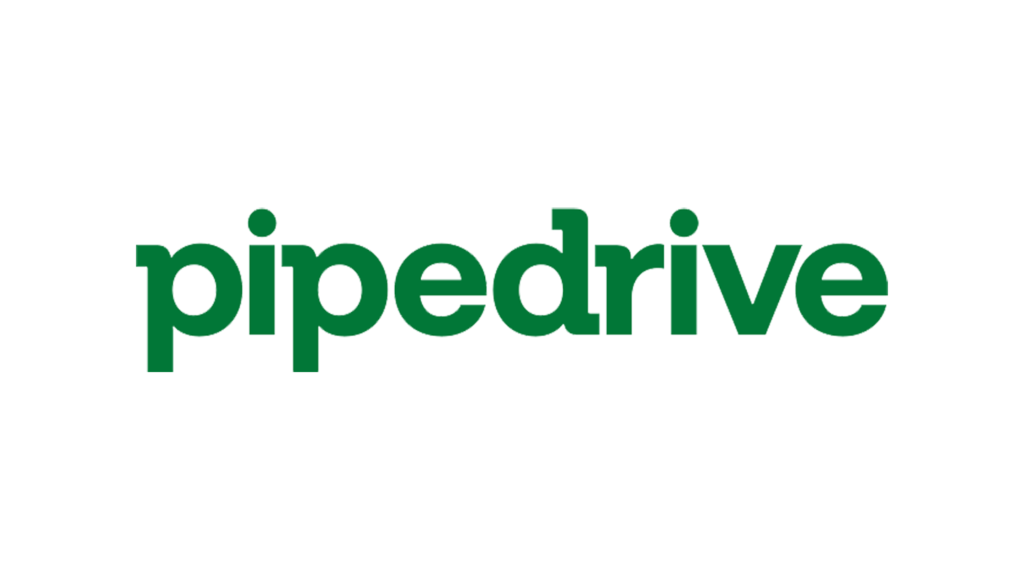
#10. Pipedrive
Pipedrive is designed around a simple, visual sales pipeline. For small and mid-size manufacturers, it provides a clear way to track deals, follow up with distributors, and manage repeat orders without overwhelming the sales team. While it’s not as deep as enterprise CRMs, its strength lies in ease of use and fast adoption.
Pros
- Extremely easy to set up and train sales teams, which is helpful if you don’t have a full IT department.
- Visual pipeline boards give immediate clarity on which quotes are pending, lost, or ready to close.
- Integrates with email and calendar, keeping sales reps organized without juggling multiple tools.
- Large library of add-ons and integrations, allowing expansion into marketing or project tracking.
Cons
- Lacks advanced features that are often required in manufacturing for complex quotes.
- Reporting is basic compared to enterprise-grade CRMs, limiting insight into production trends.
- Permissions and user roles are limited, which can be a risk for larger companies.
- Few built-in integrations with manufacturing ERP systems.
Pricing
Starts at $14/user/month and goes up to $79/user/month.
Implementing Zoho CRM
We became Zoho Partners because we believe Zoho CRM delivers the best balance of power and affordability for manufacturers. Over the years, we’ve helped manufacturing companies streamline quoting, automate follow-ups, and connect sales with inventory systems. If you’re considering a switch, reach out to learn how Zoho can fit your business processes.
If you’d rather try it first, sign up for a free Zoho CRM trial and test it in your own workflow.



